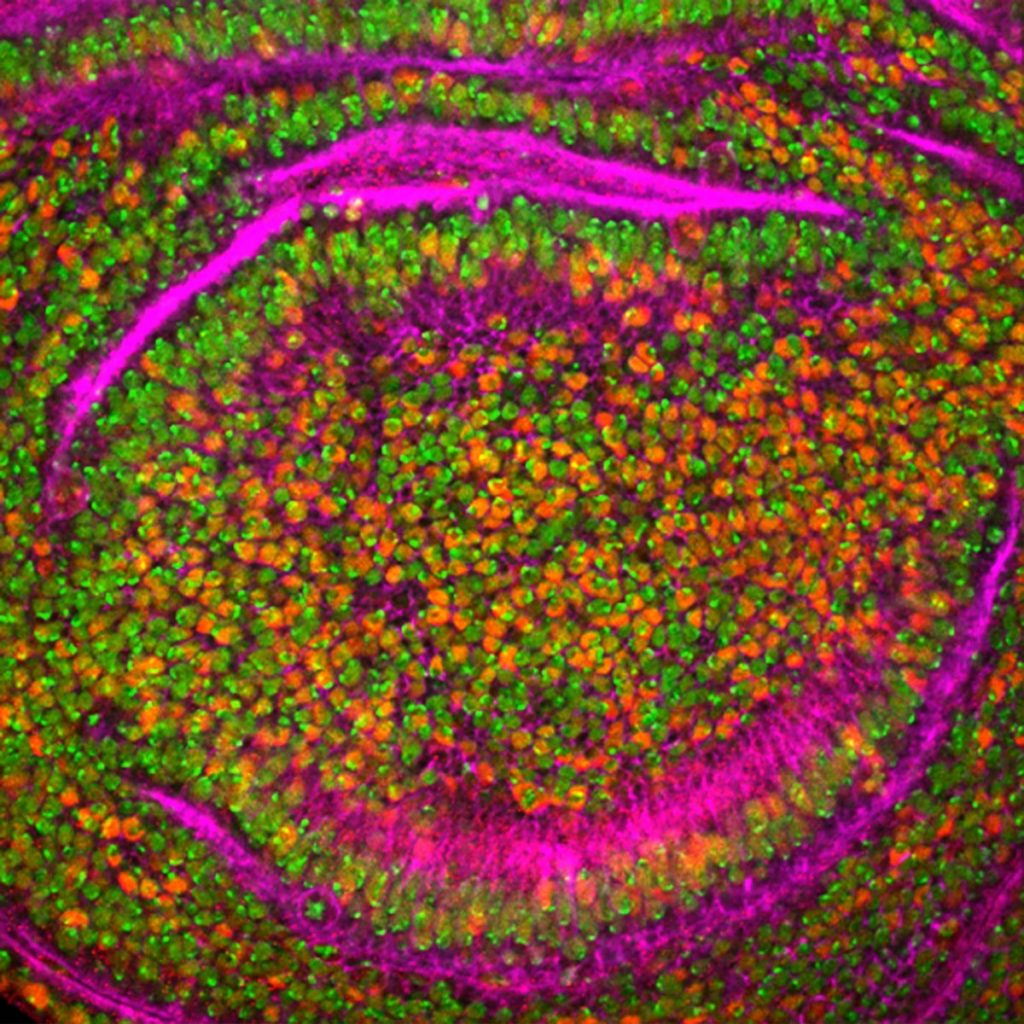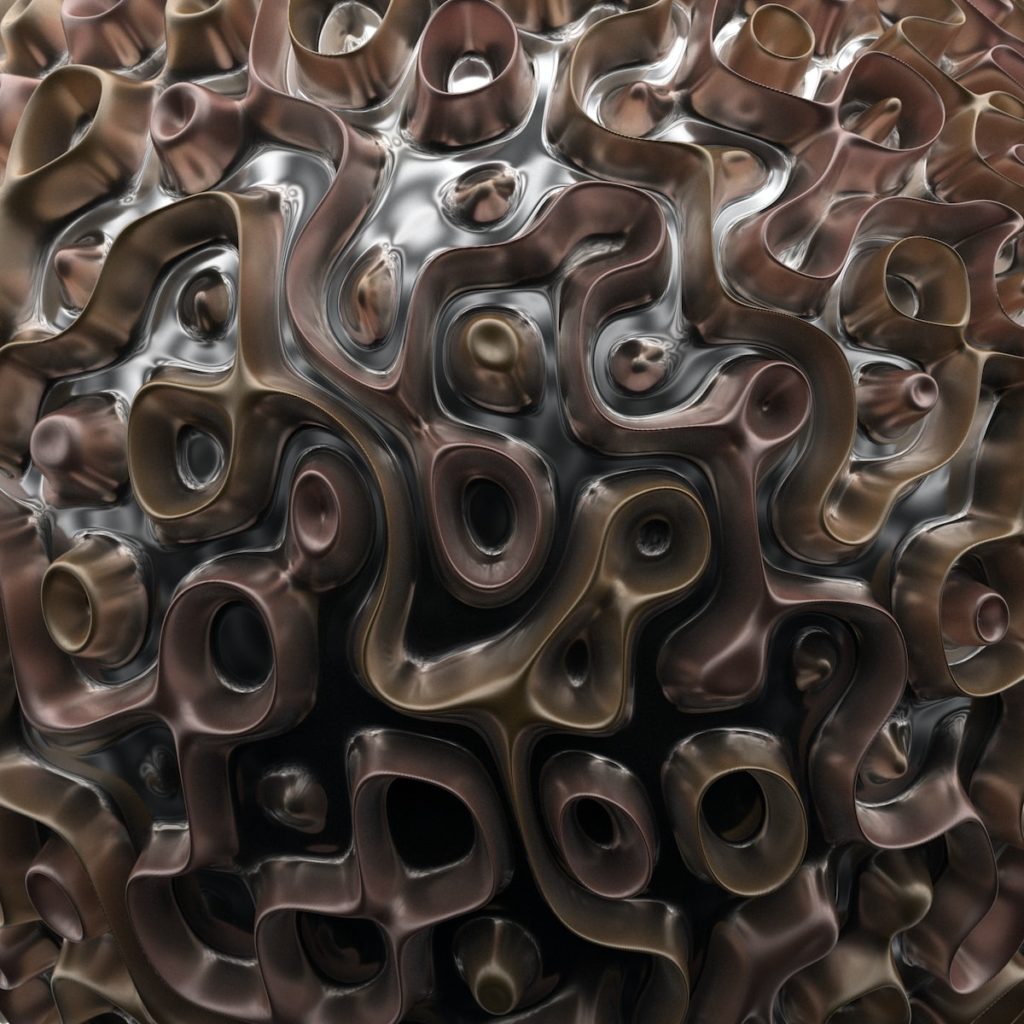Research
The Constructor Theory of Probability

Abstract
Unitary quantum theory, having no Born Rule, is non-probabilistic – hence the notorious problem of reconciling it with the unpredictability and appearance of stochasticity in quantum measurements. By generalising and improving upon the so-called ‘decision-theoretic approach’ (Deutsch, 1999; Wallace, 2003, 2007, 2012), I shall recast that problem in the recently proposed constructor theory of information – where quantum theory is represented as one of a class of ‘superinformation theories’, which are non-probabilistic theories conforming to certain constructor-theoretic conditions. I characterise the unpredictability of measurement outcomes exactly in constructor theory, showing that it necessarily arises in superinformation theories because of the impossibility of cloning certain sets of states. Then I explain how the appearance of stochasticity in (finitely many) repeated measurements arises under superinformation theories. Specifically, I establish sufficient conditions for a superinformation theory to inform decisions (made under it) as if it were probabilistic, via a Deutsch-Wallace-type argument. In my version, some of that argument’s assumptions, previously construed as merely decision-theoretic, follow from physical properties expressed by constructor-theoretic principles.



